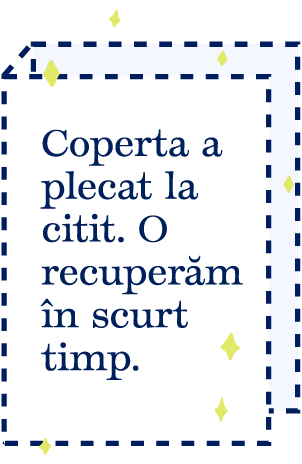After Naming the Animals

After Naming the Animals
Martha Silano, author of Gravity Assist, says: After Naming the Animals exquisitely reveals the scale and magnitude of our collective knack for soiling our own nest. In a book by turns energizing, infuriating, mind-blowing, and devastating, Ungar's superpower is her gift for language: "We've made a billion elephants' worth of plastic," and "Weep into your soup; under a third of birds / fly free - the rest, poultry" she quips. I found her insistent reminders that humans make up "a hundredth of a hundredth / of the living, .01%" and that atoms are "9,999 parts / empty space" weirdly reassuring. An eco-poetics virtuoso, Ungar's infectious enthusiasm for ferruginous pygmy owls, tiny tarantulas, minute leaf chameleons, bumble bee bats, jaguars, and blue dragons with "six appendages / like six tiny headdresses for Cher" kept me agog and rapt. While inviting us to consider our perilous state, Ungar's wide-eyed wonder and against-all-odds hope are, thankfully, contagious.
Michael Meyerhofer, author of Ragged Eden, adds: This is easily the best book yet from a poet already known for her unique blend of precise lyrical craft and somersaulting wit, brimming end-to-end with observations that slice through our complacency like a scalpel made of obsidian. But there's also a wild kindness to these poems, a fierceness born from heartbreak and the realization that, yes, the same soil that gives us flowers is also filled with bones, hard and brittle in the dark.
Carlie Hoffman, author of When There Was Light, concludes: "We have paved the Earth with chicken bones," Barbara Ungar mourns in her breathtaking new collection. In a masterful web of dread, humor, tenderness, brutal honesty, and exquisite lyricism, After Naming the Animals scrutinizes our human-made-apocalyptic world: "Half Earth's creatures / have vanished...while we've redoubled." Ungar's vision is broad and multifaceted-Eve returned as wanderer lamenting our fallen planet, yet there is hope in the power of what "the tongue loves." The self remakes, shifts, trave
PRP: 157.07 Lei
Acesta este Prețul Recomandat de Producător. Prețul de vânzare al produsului este afișat mai jos.
141.36Lei
141.36Lei
157.07 LeiLivrare in 2-4 saptamani
Descrierea produsului
Martha Silano, author of Gravity Assist, says: After Naming the Animals exquisitely reveals the scale and magnitude of our collective knack for soiling our own nest. In a book by turns energizing, infuriating, mind-blowing, and devastating, Ungar's superpower is her gift for language: "We've made a billion elephants' worth of plastic," and "Weep into your soup; under a third of birds / fly free - the rest, poultry" she quips. I found her insistent reminders that humans make up "a hundredth of a hundredth / of the living, .01%" and that atoms are "9,999 parts / empty space" weirdly reassuring. An eco-poetics virtuoso, Ungar's infectious enthusiasm for ferruginous pygmy owls, tiny tarantulas, minute leaf chameleons, bumble bee bats, jaguars, and blue dragons with "six appendages / like six tiny headdresses for Cher" kept me agog and rapt. While inviting us to consider our perilous state, Ungar's wide-eyed wonder and against-all-odds hope are, thankfully, contagious.
Michael Meyerhofer, author of Ragged Eden, adds: This is easily the best book yet from a poet already known for her unique blend of precise lyrical craft and somersaulting wit, brimming end-to-end with observations that slice through our complacency like a scalpel made of obsidian. But there's also a wild kindness to these poems, a fierceness born from heartbreak and the realization that, yes, the same soil that gives us flowers is also filled with bones, hard and brittle in the dark.
Carlie Hoffman, author of When There Was Light, concludes: "We have paved the Earth with chicken bones," Barbara Ungar mourns in her breathtaking new collection. In a masterful web of dread, humor, tenderness, brutal honesty, and exquisite lyricism, After Naming the Animals scrutinizes our human-made-apocalyptic world: "Half Earth's creatures / have vanished...while we've redoubled." Ungar's vision is broad and multifaceted-Eve returned as wanderer lamenting our fallen planet, yet there is hope in the power of what "the tongue loves." The self remakes, shifts, trave
Detaliile produsului










